Few things matter more to the value and quality of human life than our conception of self, our notion of who or what we are. For what we identify ourselves with largely determines what we perceive as threats, what goals we believe are worth pursuing, our understanding of death, and even our sense of meaning.
For instance, those who identify themselves with their professional careers—as in “hi, I am a doctor”—stand to experience losing their job as an amputation of the self. For those who identify with their body—the mainstream conception of self in our society—life becomes a slow march towards inexorable oblivion. Most importantly, for those who see themselves as just audience to the seemingly absurd spectacle we call life, little can make sense at all.
An extraordinarily insightful analysis of the self—which, if fully grasped, can permanently free us from the horrific expectation of ultimate oblivion—has been available for over 200 years
Eastern philosophical traditions—particularly Advaita Vedanta—have been exploring and refining the notion of self for millennia. Western popular interest in these eastern insights has been growing rapidly since the 20th century and is now—thanks to the advent of the internet and social media—widespread.
Yet in western philosophical tradition, an extraordinarily insightful analysis of the self—which, if fully grasped, can permanently free us from the horrific expectation of ultimate oblivion—has been available for over 200 years, in the work of Arthur Schopenhauer. According to Schopenhauer, underlying each mortal individual is the ‘pure subject of knowing’. Universal and immortal, this pure subject is what ‘remains over as the eternal world-eye’ after bodily death.
The problem is that, at the hands of presumed experts in academia, Schopenhauer’s profound insights have been misunderstood, distorted and grievously misrepresented for decades, ensuring that they remain elusive for most of us. Take, for instance, what Prof. Christopher Janaway has to say about Schopenhauer’s pure subject of knowing:
Schopenhauer’s attitude to this pure subject … is ambivalent. On the one hand, he says “Everyone finds himself as this subject” ... At the same time, however, each of us is an individual distinct from others.
Janaway has serious grievances about this ambivalence, for he cannot make heads or tails of it:
The problem, bluntly, is this: is my ‘real self’, or ‘the kernel of my inner nature’, something that attaches to the finite individual that I am, or is it … beyond space, time, and individuation altogether? ... Schopenhauer seems to stumble into a quite elementary difficulty.
Fortunately, present-day analytic philosophy, with its knack for eliminating even the most benign and easily reconcilable ambiguities, comes to Janaway’s rescue. Schopenhauer’s pure subject of knowing is what philosopher Itay Shani recently called ‘core-subjectivity’: it is ‘ipseity, or I-ness, by which is meant an implicit sense of self which serves as the dative [i.e. recipient] of experience, namely, as that to whom things are given, or disclosed’.
At the hands of presumed experts, Schopenhauer’s profound insights have been grievously misrepresented for decades
In other words, core-subjectivity is what remains of a person’s subjectivity when the person’s particular experiential contents—that is, specific memories, thoughts, emotions and perceptions—are disregarded. It is pure I-ness, which feels exactly the same in each and every person—arguably even every living creature—for what distinguishes the conscious inner lives of different people is precisely their respective experiential contents.










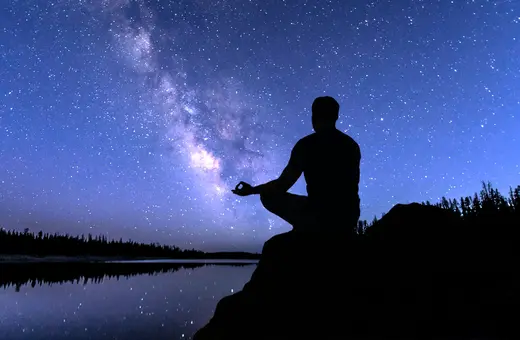

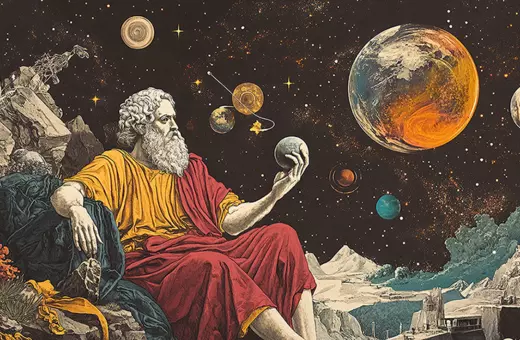
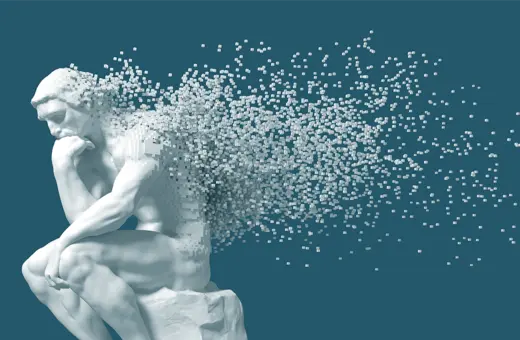
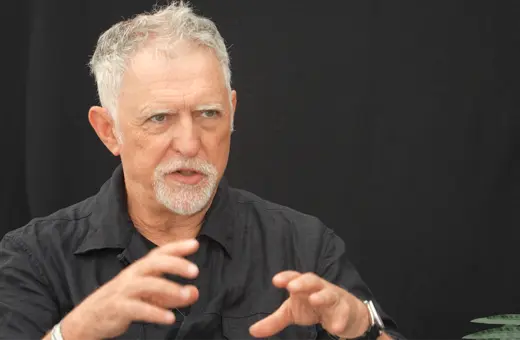
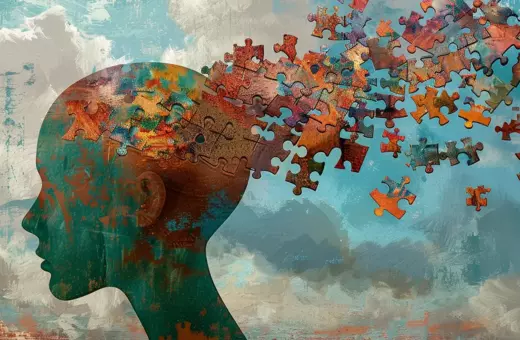

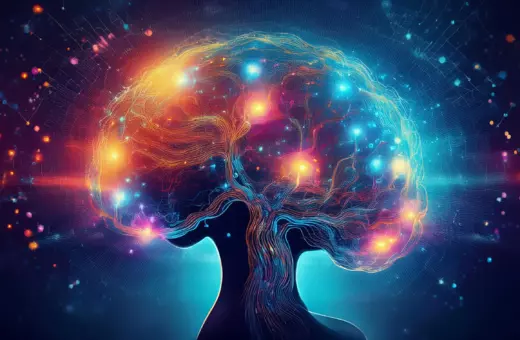



Join the conversation